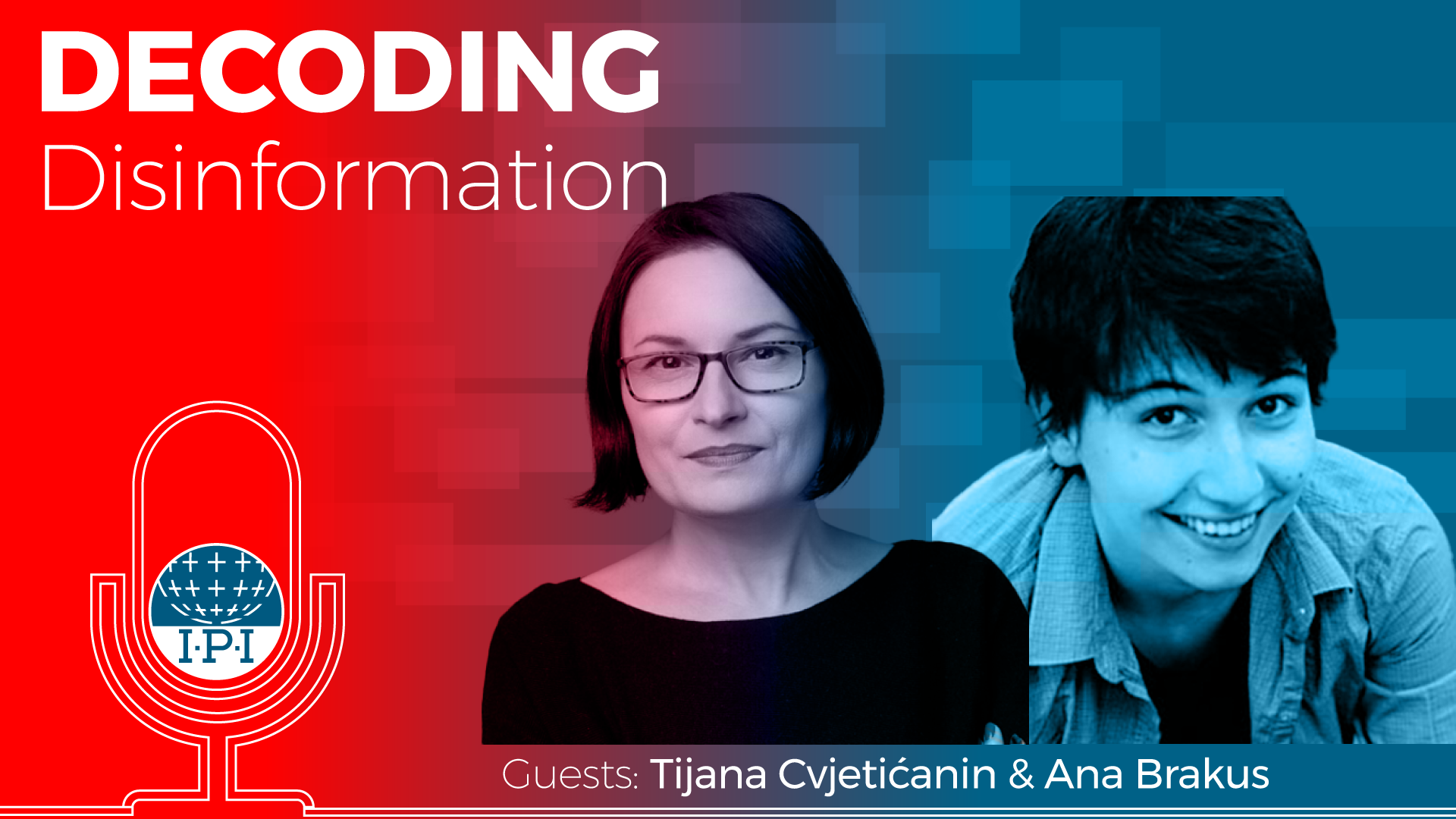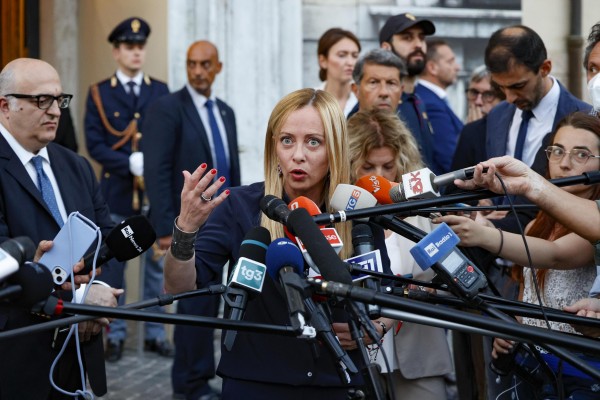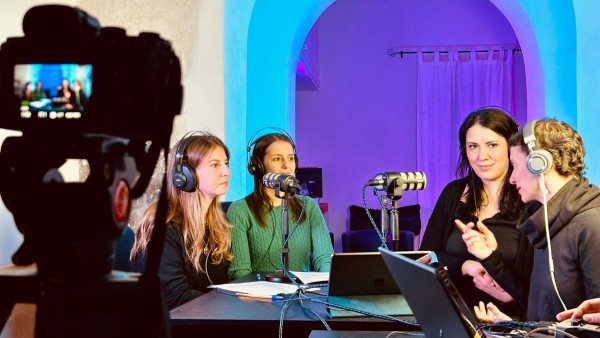Fact-checkers are at the forefront of combating disinformation. They work to verify the claims of politicians or public figures, which is especially important in the heat of electoral campaigns, and proved to be essential in the midst of the Covid-19 pandemic, where accurate information saved lives.
Precisely because they are at the forefront, fact-checkers are also easily targeted with smear campaigns and other online and offline intimidation tactics intended to discredit their work. But we wanted to put numbers to this trend. To mark International Fact-Checking Day, last April 2, Faktograf, a Croatian fact-checking outlet, published the preliminary results from a pioneering survey that explores the impact of harassment and disinformation targeting fact-checking organisations in Europe.
The results didn’t shock us but are quite revealing: Nearly all the fact-checking organisations that participated in the survey experienced smear campaigns and online abuse from politicians, government officials, media pundits or public figures. And more than half have experienced this type of attack repeatedly.
Guests: Ana Brakus, the executive director of Faktograf, and Tijana Cvjetićanin, author of the survey and researcher at Why not association.
Producer and editor: Javier Luque, head of digital communications at IPI.
Related links mentioned in the episode:
- Survey preliminary results and key findings: https://ipi.media/harassed-threatened-and-sued-the-state-of-fact-checking-in-europe/
- IPI’s Decoding Disinformation project: https://ipi.media/decoding-disinformation-playbook/
___________
This podcast series is part of the project Decoding the disinformation playbook of populism in Europe, which is supported by the European Media and Information Fund, managed by Calouste Gulbenkian Foundation.
Disclaimer:
The sole responsibility for any content supported by the European Media and Information Fund lies with the author(s) and it may not necessarily reflect the positions of the EMIF and the Fund Partners, the Calouste Gulbenkian Foundation and the European University Institute.



